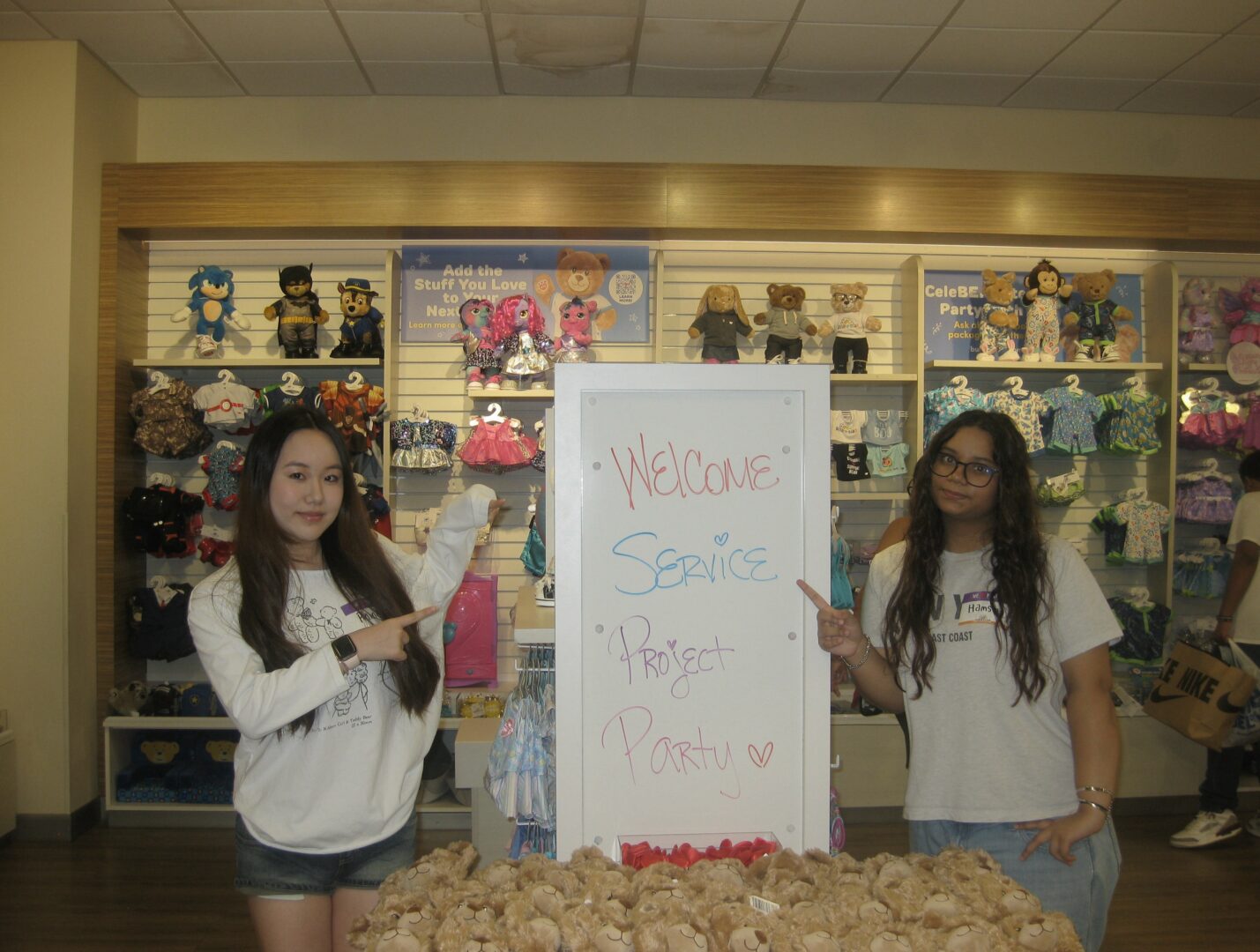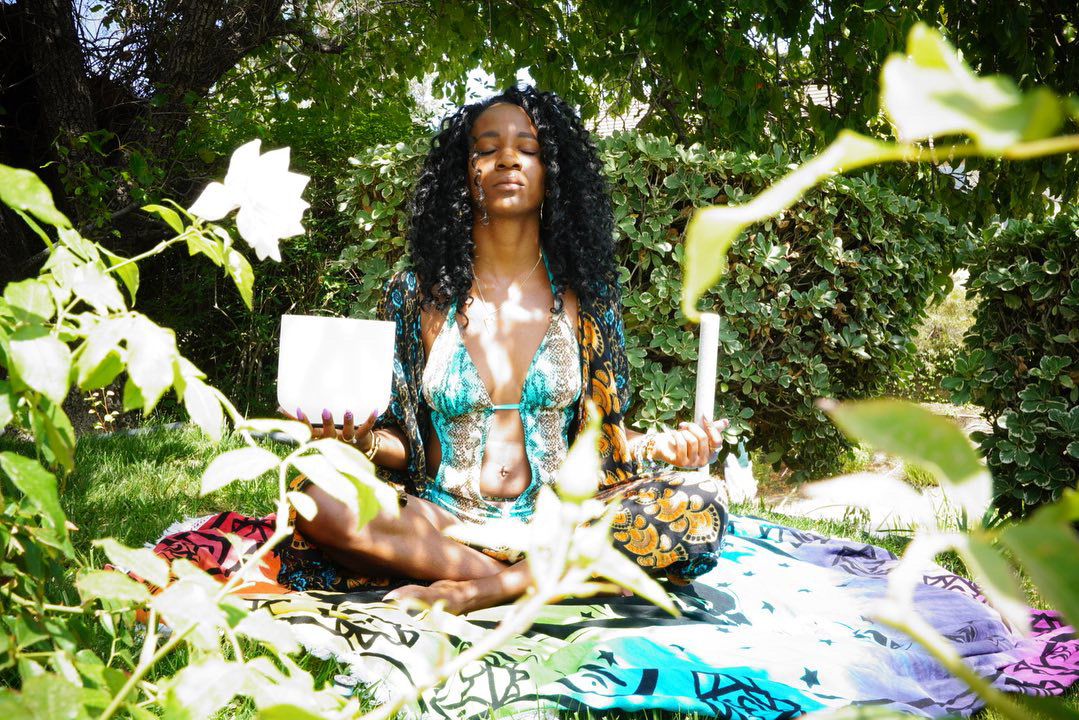“Empathy is about finding echoes of another person in yourself.” – Mohsin Hamid
We believe empathy is one of the most important ingredients enabling effectiveness and so we connected with some amazing folks to ask them about the conditions that allowed them to develop into such empathic leaders.
Katie Bromberg
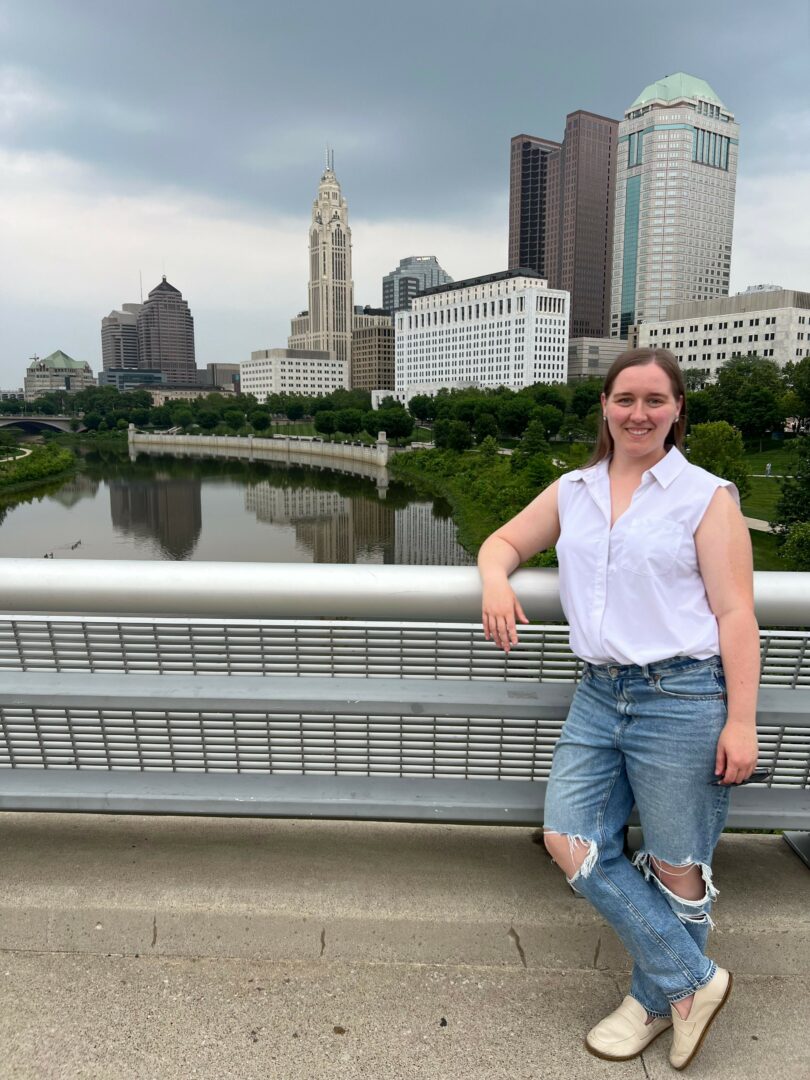
As a therapist, being an empathetic person is one of my core values. I feel that offering empathy to others is one of the greatest gifts we can give to each other. There is tremendous power when someone sits in front of you with their raw pain and you can hold space for them. As I teach the young kids that I work with, empathy is a skill that can be developed over time. I certainly believe I have developed more empathy for others the longer I work in this field. Both as a human navigating the world and a clinician, I believe seeing others through the lens of empathy allows me to maintain a gentler and kinder part of myself that is difficult to hold onto at times. Offering empathy to others often helps me to feel more at peace and helps me to turn that empathy inwards and offer it to myself as well. Read More>>
Nina Chen

I always wanted pets throughout my childhood. The idea of raising, having such a strong bond with, and seeing an animal grow was especially appealing to me as the youngest child in my family. So, when my parents finally brought home a baby turtle they had rescued, I was ecstatic to finally take care of another living creature. It made younger me feel independent and responsible for another’s well-being. Day by day, as I fed the turtle and saw him swimming happily in his tank, I began to realize that he wasn’t just a pet to me — he was family. Read More>>
Russell Moore
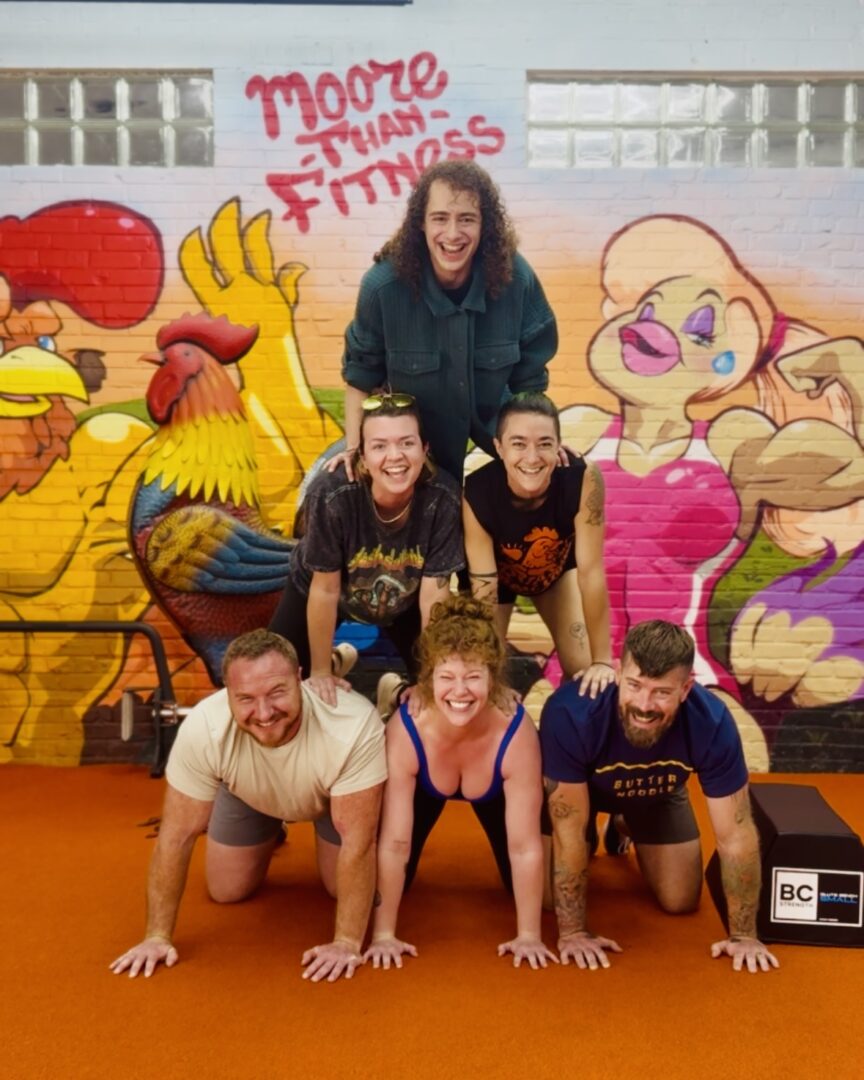
I was raised by a single mother who managed to raise 3 kids while building a business called Intentional Peer Support. This business centered people who had lived experience of psychiatric oppression. Most of the people who participated in her business have experienced homelessness, drug/alcohol addiction, and extreme mental states that then had them shuttled through a psychiatric system that dehumanized them and centered their identities around ‘mental patient’. My mom developed a business that sought to build community between people who had been cast aside and deemed ‘crazy’. I was raised to believe that these were not in fact ‘broken people’, but rather people who had lived through traumatic experiences that continued to shape their reality. Read More>>
Josiah Golojuh
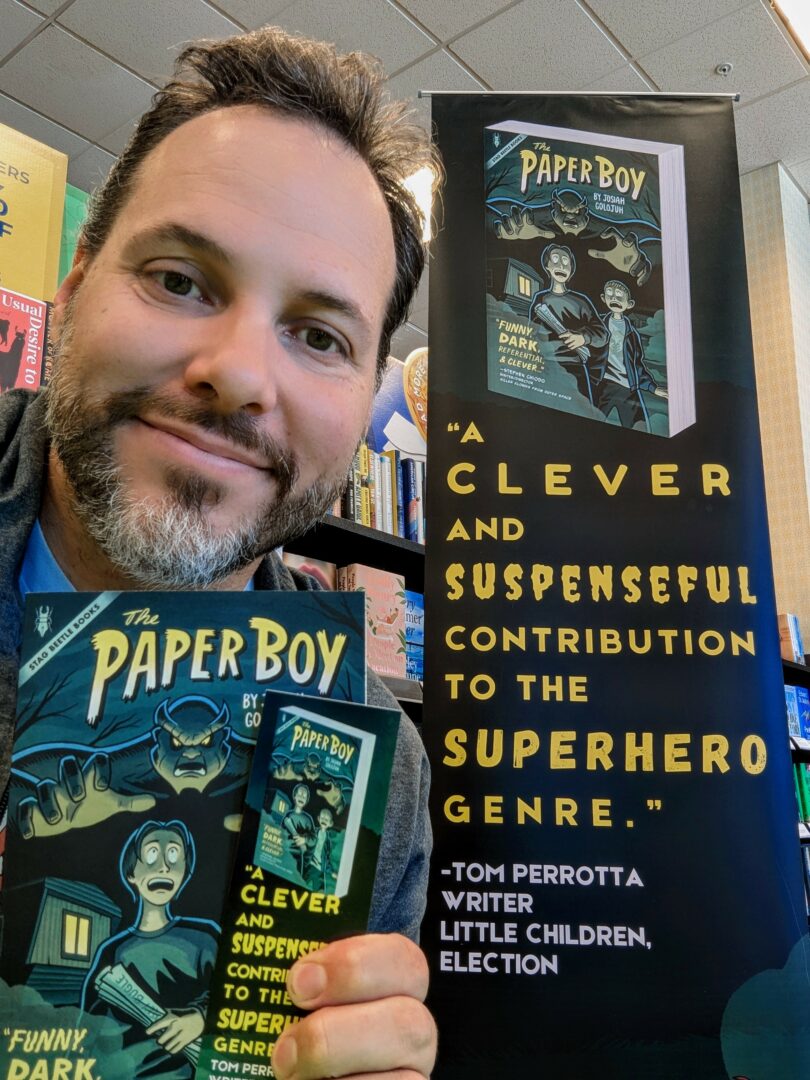
Empathy is the key to effective writing. In my novel, The Paper Boy, it was easy to relate to the main character because I have to admit he is a version of me. He isn’t me, but had I encountered his circumstances at 14 I might have stumbled in similar ways and hope I would have had the courage he displays in the story. However, there is also a very real illustration of evil in The Paper Boy, and that makes it much harder to have empathy. That is where it is earned. In life you gain empathy by sitting with people as they go through life. Writing isn’t far off, you need to understand your characters fully and therefore must empathize. Read More>>
LaKeisha Blissett
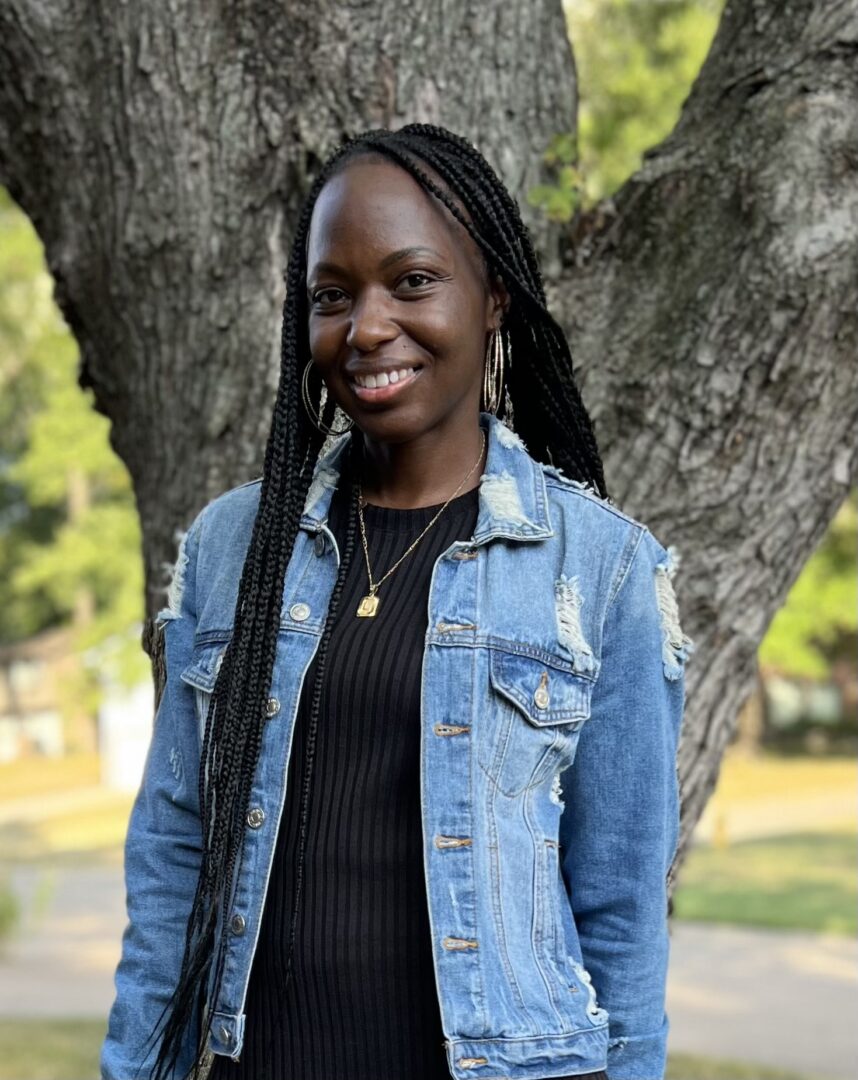
Well I must start by saying as a small child I would stand in my grandmother kitchen wonderstruck as I watched her cook. Her ability to put a meal together with little of nothing. Plus the aroma from her perfection cooking was always Thanksgiving but everyday all year long. While standing in the kitchen with her she would say things like: “Keisha, you know I wasn’t always this good”, “cooking takes time”, “you learn a little more each time you cook”, and “sometimes I mess up but I learn from it to do better the next time.” I didn’t think too much about what she was saying. I was a child; I just enjoyed the time in the kitchen with her. But little did I know her words were powerful and would carried volume for a lifetime. Read More>>
Dr. Carolyn Colleen Bostrack, PhD
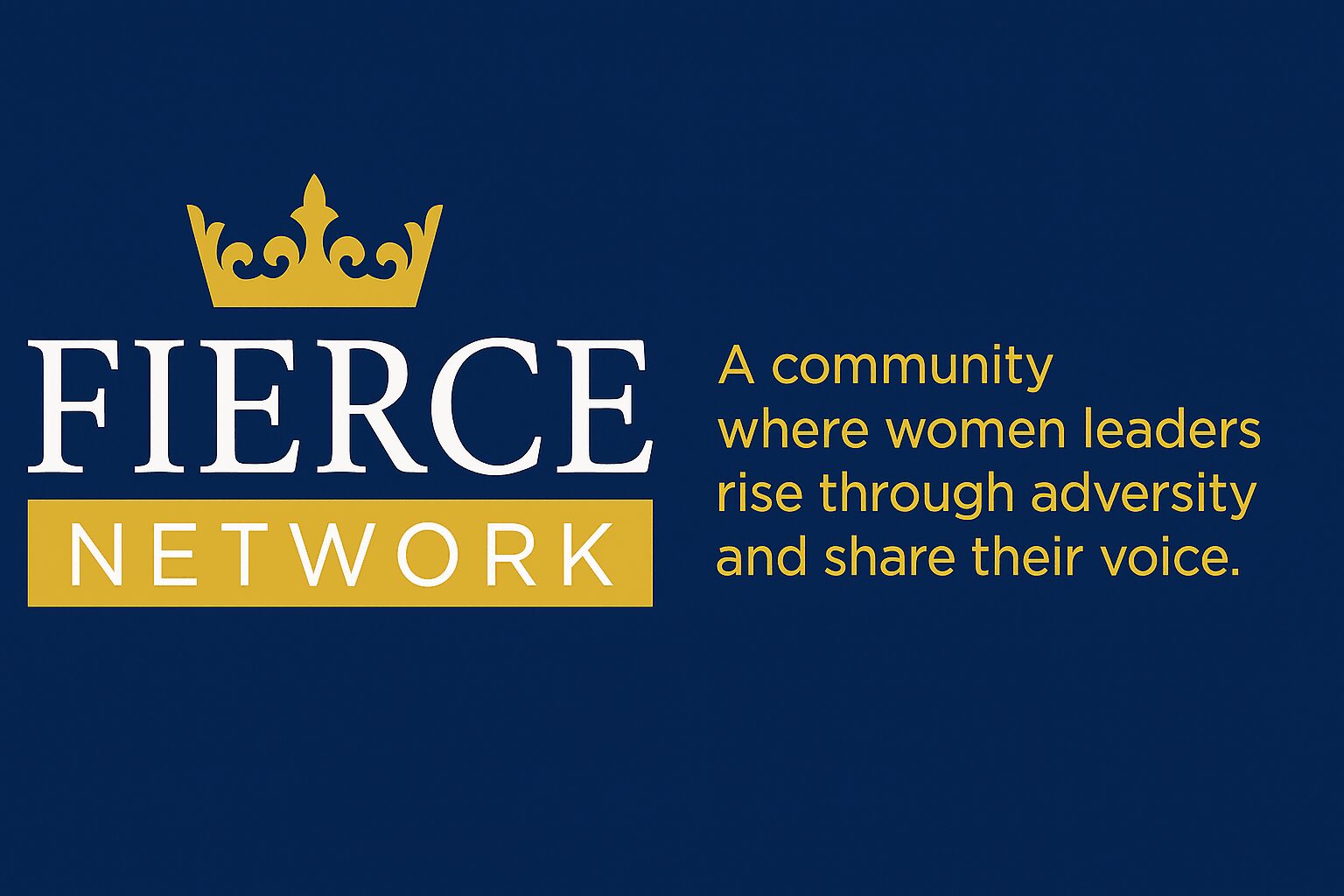
I think my empathy was shaped by living through some really hard seasons of life. Growing up, and later as a young single mom, I experienced poverty, abuse, and situations where I often felt invisible and underestimated. And then, after 14 years in a marriage, I walked through the pain of divorce, rebuilding my life and my identity all over again. Those challenges gave me not only a deep understanding of what it feels like to struggle, but also a real respect for the strength it takes to keep moving forward. Read More>>
Ke’o Velasquez
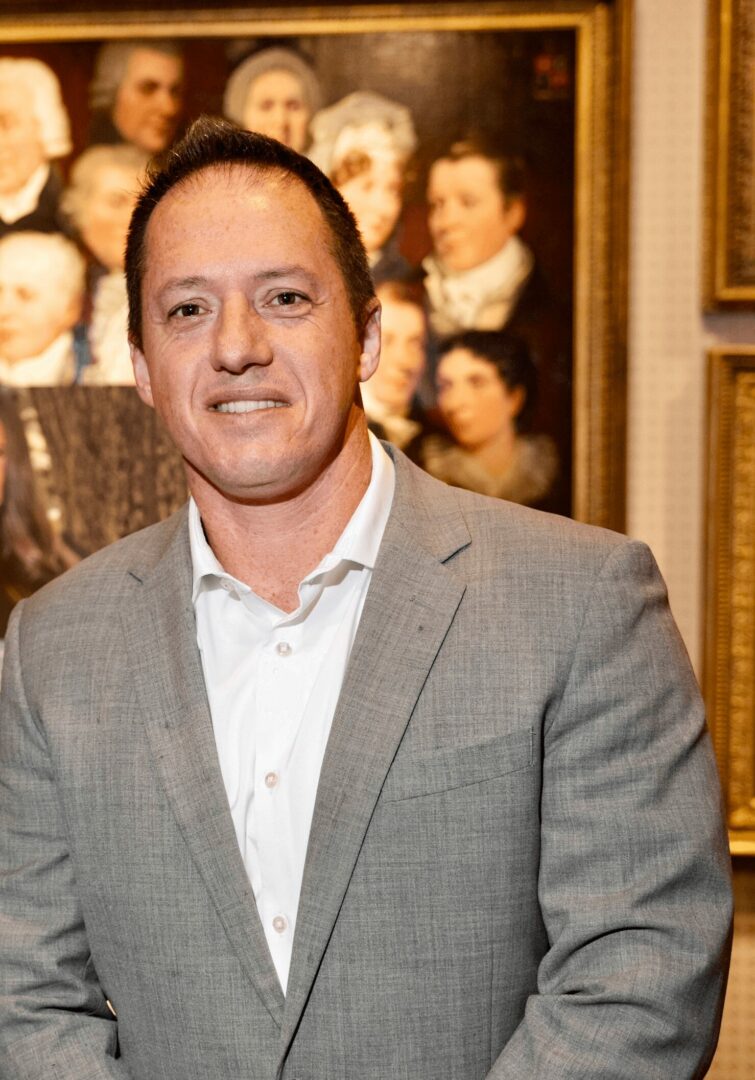
That’s a great question because I believe empathy is something that you can develop. Read More>>
Elijah Schreiner
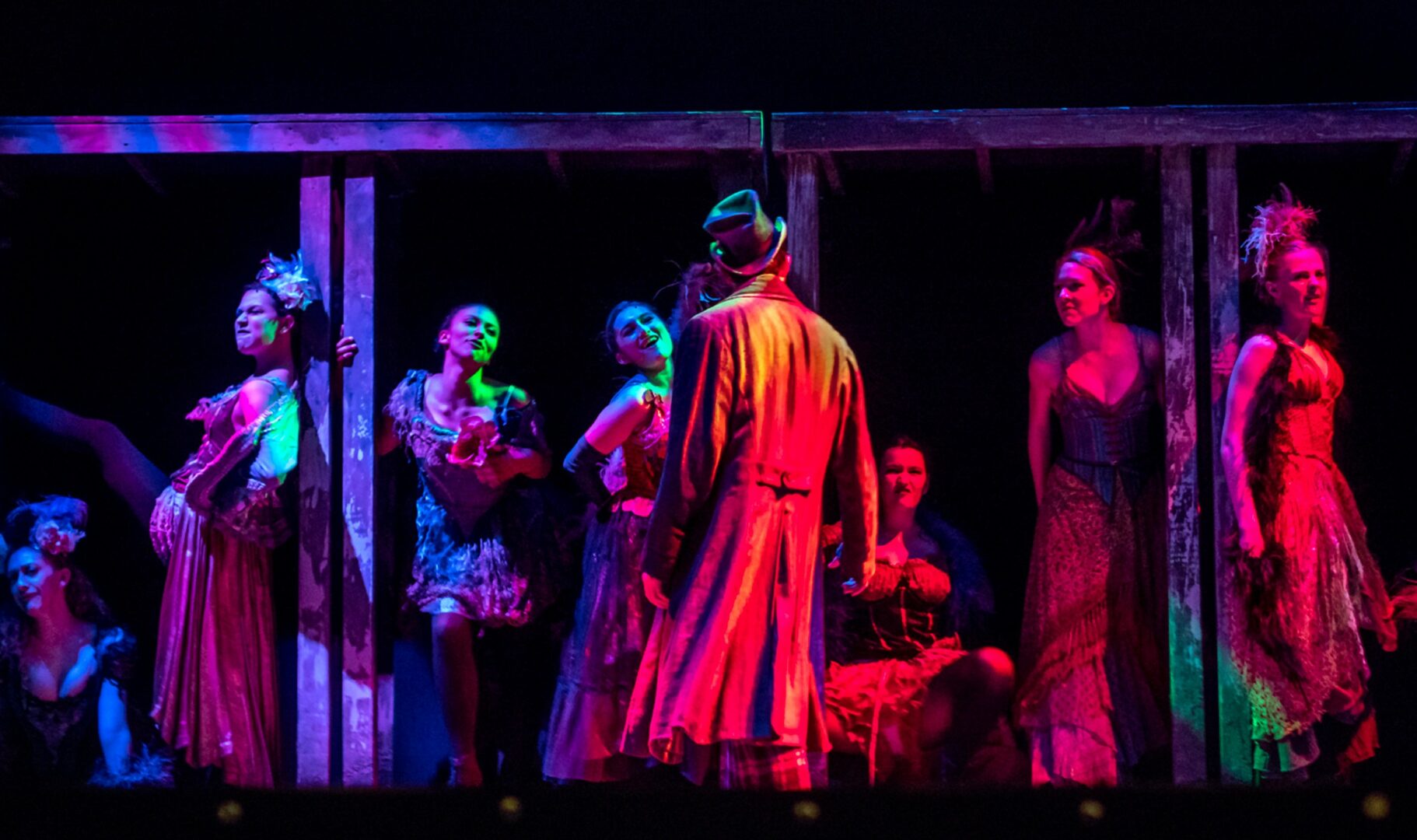
I think that often, we dont take the time to think about what other people are going though – sonder right. The knowledge that everyone around you isn’t a “NPC” they have a life just as rich and complex as your own. For me growing up my life certainly wasn’t as bad as others, but I had my share of things that weren’t great. I struggled with my identity from a young age. During play I was always a boy – I wanted a boys name, I wanted to wake up from the nightmare that was my body. I got involved in theater when I was around 10 – and I found that I could “pretend” to be a boy without any questions that was the role I was cast in. Read More>>








